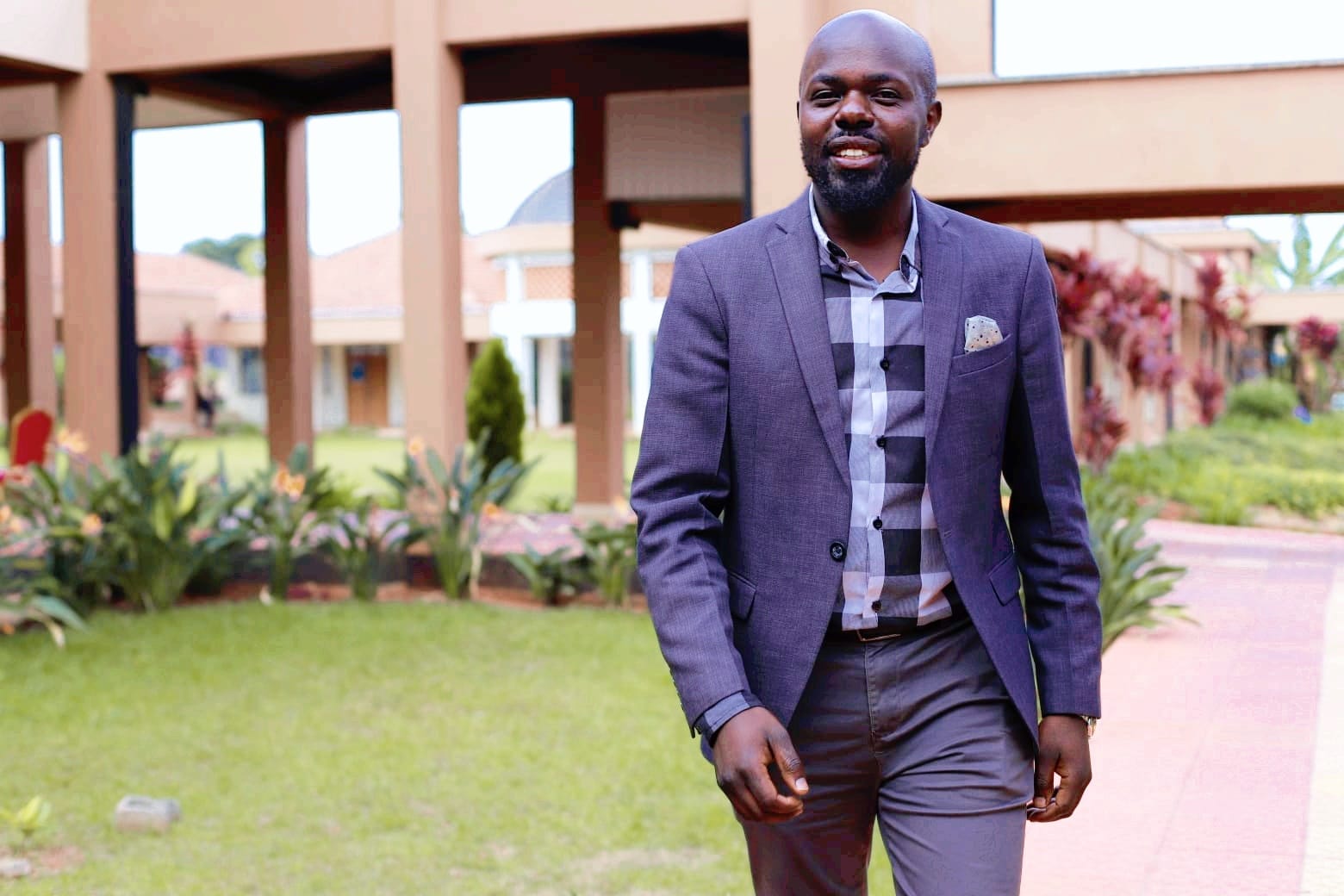

When I look
back at my childhood in Kisii, I remember how children who were differently-abled were treated.
Those who
showed autistic behaviours, had hearing impairments, or lived with physical
disabilities were often hidden from society, abandoned, or branded with hurtful
names.
Many were
tragically linked to witchcraft. At the time, I did not know any better. Like
many in society, I accepted these myths as truth.
Years later,
as a TV journalist covering education matters, I prided myself on shining a
light on issues affecting schools, teachers, and learners.
Yet, even
then, the plight of children with special needs and disabilities remained
outside my radar.
Like much of
mainstream media, I gave a blind eye to an area that desperately needed
attention.
It was only
when I found myself working at the Kenya Institute of Special Education (KISE)
that reality finally hit me.
Every single
day, more than 400 children with special needs and disabilities stream into
KISE for assessment.
Their
parents come in search of answers and solutions. I have interacted with them,
listened to their stories, and seen the transformative power of early
identification.
Today, I am
not only informed by research but also by lived encounters that have reshaped
my perspective.
KISE carries
the mandate of assessment, training, and research in special needs education.
The lesson I have learned is clear: early identification changes lives.
Children who
are assessed early can be placed in the right schools, supported with
therapies, and, in some cases, experience remarkable progress.
This is not
witchcraft, nor is it punishment to families.
These are
developmental, neurological, and physical conditions that require professional
attention. Early intervention can make the difference between a child being
excluded for life or fully integrated into society.
When a child
with hearing impairment is assessed early, they can be fitted with assistive
devices and supported with speech therapy.
When a child
with autism is identified, they can access structured learning and therapies
that enhance communication and social interaction.
When a child
with physical disabilities is supported, they can receive physiotherapy and
mobility assistance that grants them independence.
The benefits
of early identification extend far beyond the individual. Families experience
relief and empowerment.
Teachers are
better equipped to support learners. Society gains productive, confident
citizens rather than sidelined dependents.
As Kenyans,
we must shed outdated myths and embrace science, compassion, and inclusion.
Parents should seek assessment as soon as they notice developmental delays.
Leaders, political, cultural, and religious, must
speak boldly against stigma. Equally, the government, through institutions like
KISE, must continue expanding assessment services, training professionals, and
reaching rural communities.
Every child
deserves the chance to thrive. Early identification is not just an educational
step, it is an act of justice.
It tells
every child: you matter, you belong, and we will walk with you on your journey
to reach your potential.
The
writer is an award-winning journalist and the Head of Corporate Communications
at the Kenya Institute of Special Education (KISE). As an inclusive PR and
media relations strategist, he is passionate about using communication to
advance public service, inclusion, and social change.














